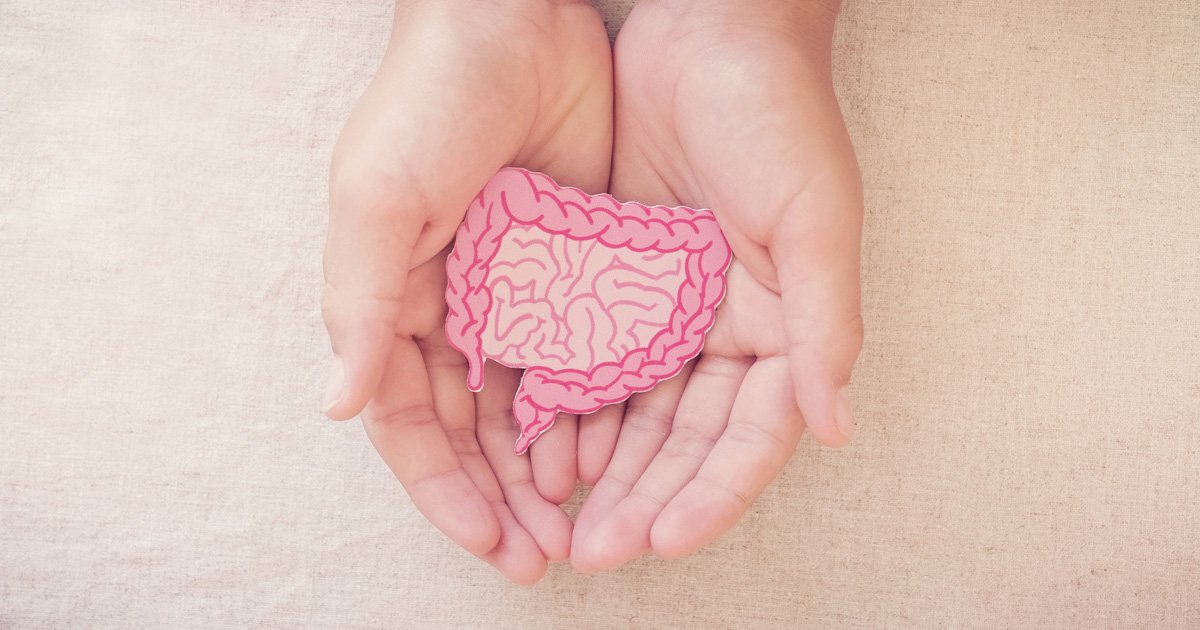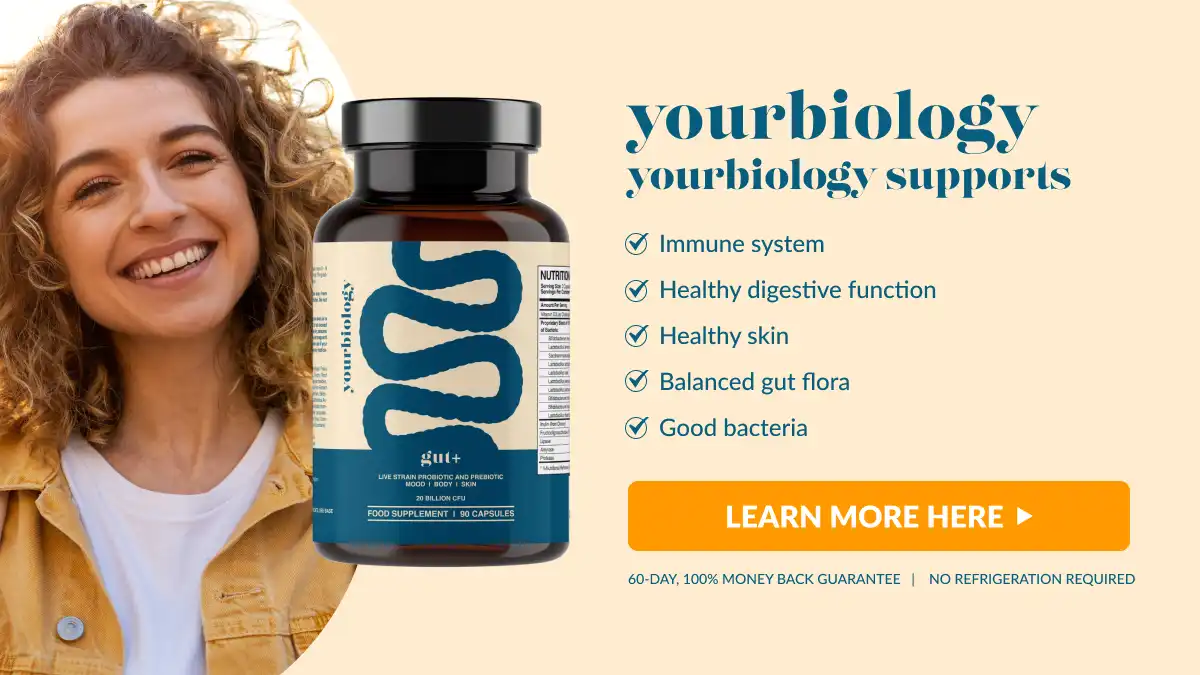Last Updated on January 30, 2025 by Martin

The Path to Healing Gut Health: A Holistic Approach
Gut health has become a central topic in wellness, and for good reason. As a former personal trainer, I’ve witnessed how essential it is to overall health—from optimizing physical performance to boosting mental clarity. The gut isn’t just where digestion happens; it’s a dynamic system that influences your immune system, mood, and energy. The good news? Healing your gut is a journey that’s entirely within your control. Let’s explore a well-rounded approach to healing your gut health and vitality.
Understanding Gut Health
Your gut is home to trillions of microorganisms—bacteria, viruses, fungi, and more—that form the gut microbiome. This community is critical for:
- Breaking down food: Digesting what you eat and absorbing nutrients effectively.
- Bolstering immunity: Housing 70% of the immune system in the gut lining.
- Supporting mental health: Producing neurotransmitters like serotonin that influence mood.
When the microbiome is out of balance due to poor nutrition, stress, or environmental toxins, it can lead to bloating, fatigue, and even more serious health issues. Healing your gut means addressing these triggers and rebuilding your foundation of health.
Step 1: Nourish Your Gut with the Right Foods
Food is the starting point for healing gut health. Your choices directly influence the diversity and health of your microbiome, so prioritize foods that nourish it.
Load Up on Whole, Nutrient-Dense Foods
Whole foods provide fiber, vitamins, and minerals that fuel your gut bacteria. Key foods include:
- Prebiotic foods: These are the fibers your gut bacteria love to eat, found in garlic, onions, asparagus, bananas, and oats.
- Probiotic-rich foods: These deliver live, beneficial bacteria to your system. Try yogurt, kefir, sauerkraut, kimchi, and miso.
- Antioxidant-rich foods: Foods like berries, green tea, and olive oil protect and support gut health.
Minimize Harmful Foods
Certain foods disrupt gut balance and inflame the lining. Be mindful of:
- Processed foods loaded with sugars and unhealthy fats.
- Artificial sweeteners that alter microbiome diversity.
- Gluten or dairy if you have sensitivities to these.
Step 2: Manage Stress Effectively
Stress has a significant impact on gut health, disrupting the delicate balance of the gut-brain axis. Chronic stress can lead to “leaky gut” and inflammation.
Embrace Stress-Reducing Practices
Incorporate activities that help calm your nervous system and reduce stress:
- Mindfulness meditation: A daily practice can lower cortisol and improve gut-brain communication.
- Deep breathing exercises: Activate your parasympathetic system with slow, diaphragmatic breathing.
- Gentle movement: Yoga, stretching, or a nature walk can help regulate both stress and digestion.
Step 3: Repair and Protect the Gut Lining
Your gut lining is the protective barrier that prevents harmful substances from entering your bloodstream. When this lining is damaged, it’s essential to focus on repair.
Nutrients for Gut Repair
- L-Glutamine: An amino acid that strengthens and rebuilds the gut lining.
- Zinc: Helps maintain barrier function and reduce inflammation.
- Bone broth and collagen: Packed with compounds that support gut cell repair.
- Omega-3 fats: Found in fish, flaxseeds, and walnuts, these reduce inflammation.
Step 4: Encourage Detoxification
A healthy gut supports your body’s ability to eliminate toxins effectively. Poor gut health can slow this process.
Steps to Boost Detoxification
- Stay hydrated: Drinking plenty of water aids in flushing toxins.
- Eat fiber-rich foods: Soluble and insoluble fibers from fruits, vegetables, and grains promote regularity.
- Sweat it out: Whether through exercise or sauna use, sweating helps release toxins from the body.
- Incorporate probiotics: Supplements like YourBiology can help restore gut balance and support detoxification by replenishing beneficial bacteria.
Step 5: Build Habits That Last to Heal Gut Health
Gut health requires long-term commitment. Small, consistent changes add up to big results.
Prioritize Quality Sleep
Sleep impacts gut health more than many people realize. Poor sleep can lead to inflammation and disrupt microbial balance. To improve your sleep:
- Stick to a regular bedtime.
- Avoid screens before bed to reduce blue light exposure.
- Create a relaxing pre-sleep routine to wind down.
Exercise in Moderation
Regular, moderate exercise promotes a diverse gut microbiome. Activities like strength training, walking, or yoga work well, but avoid overtraining, which can strain your body and gut.
Be Cautious with Antibiotics
While necessary in some situations, antibiotics can wipe out both harmful and beneficial bacteria. Use them responsibly, and follow up with probiotics to replenish your microbiome.
When to Get Professional Support
If symptoms persist or worsen, it’s wise to seek medical advice. Common signs that may need professional attention include:
- Chronic digestive issues like bloating, diarrhea, or constipation.
- Fatigue, brain fog, or unexplained skin problems.
- Signs of food intolerances or sensitivities.
A functional medicine practitioner can assess your gut health and design a tailored plan to address specific issues.
The Bottom Line on Healing Gut Health
Healing your gut is a gradual but rewarding process. By making intentional choices to nourish your body, reduce stress, repair your gut lining, and adopt sustainable habits, you can achieve lasting improvements in both your physical and mental health. Remember, the gut isn’t just about digestion—it’s the cornerstone of your overall well-being.
Take that first step today. Your health journey begins with the choices you make right now.
Sources:
- Chong PP, Chin VK, Looi CY. (2019). The Microbiome and Irritable Bowel Syndrome – A Review on the Pathophysiology, Current Research and Future Therapy. PubMed
- Sonnenburg, J. L., & Sonnenburg, E. D. (2019). Gut microbes and diet in health and disease. Nature.
- Clarke, G., Cryan, J. F., & Dinan, T. G. (2014). Stress and the microbiome-gut-brain axis in humans. Psychoneuroendocrinology.
- Wells, J. M., Brummer, R. J., et al. (2017). Homeostasis of the gut barrier and potential biomarkers. American Journal of Physiology-Gastrointestinal and Liver Physiology.
- Turnbaugh, P. J., et al. (2009). A core gut microbiome in obese and lean twins. Nature.




